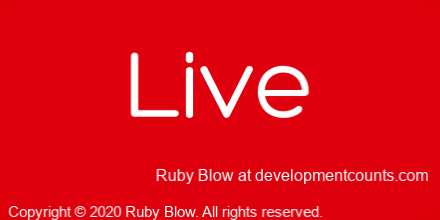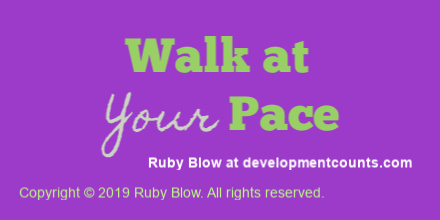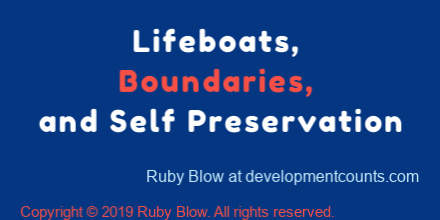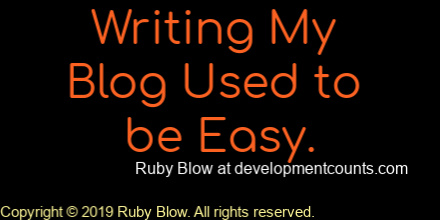What Does it Mean to Be “Strong?”
More often than not “strength” is in part defined by one’s independence. Their ability to rely upon themselves. This includes, but is not limited to the following:
- being financially independent;
- being emotionally stable…even at times limiting one’s access to their emotions.
- not seeking or needing support from others;
- having few, if any, close confidants;
- working hard and often long hours or multiple jobs;
- volunteering for activities on behalf of one’s children, family or community;
- being academically successful and pursuing multiple degrees; and
- being the person that others can talk to and rely upon when they need help.
Increasingly one or maybe two people are expected to shoulder the responsibilities that once belonged to the “tribe”, to the collective…to the family. What of this modern and western phenomenon to do it all on one’s own? I see a tremendous cost…especially among those whose ancestry is more of a collectivist culture.
And that includes higher rates of stress related illnesses and poorer treatment outcomes.
To be “strong” has numerous cultural interpretations.
- Within some cultures it also has to do with one’s ability to rely on their religious faith as a way to deal with difficult times. So one can be “strong in the word,” (i.e. the word of God).
- There are gender interpretations as well. Strong could mean being a capable provider…it could mean shouldering many household tasks alone. We are living in a time when those gender specific values are shifting for many people while holding in place for many others.
- People who are depressed try to show the world that they are “strong” by not asking for help…by keeping to themselves…and by limiting the opportunities for others to “feel sorry for them.”
- When people are grieving we talk about their “strength to carry on”…the idea being that living itself requires strength when one is dealing with immense emotional pain.
Pain is a part of life. I think we try too hard to separate ourselves from it and as a result…people feel like failures when that pain manifests itself.
The Risks of Self Sufficiency
Independence is not easy…neither is dependence. They both have their pluses and minuses. These days I highly favor inter-dependence.
The risk of self sufficiency is that one can begin to believe that they do not need others. As human beings we need other people.
Too much self sufficiency confirms one’s ideas that we cannot rely on others. The more we withhold ourselves from opportunities where we must trust others…the more difficult vulnerability becomes.
A big part of therapists’ training involves learning to keep one’s thoughts to themselves, at least aspects of one’s thoughts. Learning to manage one’s own emotive output in sessions as well as cultivating a singular focus on others can be very empowering for the “self sufficient” person…but it also makes us very vulnerable.
As therapists, we are exposed to the pain of others and can come to believe that we are immune or protected from that pain because we have seen and heard it all. The truth is we are as vulnerable as anyone else and the more that we try to push that vulnerability down…the more we lose opportunities for others to come to our aid.
No matter how unaffected a “strong” person may seem…loneliness is bound to make an appearance, like an unwanted house guest…lingering long after we want them to leave, because we won’t speak our truth.
Sourcing the Well
One of my favorite Rumi quotes is “Never give from your well..always give from your overflow.” In the natural world, wells are sourced by rain water and ground water. When a well runs dry, the water is gone until it is resourced.
We are too often continuously drawing from our own personal wells that are not being replenished.
In my one-on-one dialogue with colleagues – whether they be supervisees or consultees – I hear about these overwhelming feelings of “alone-ness.” In some cases it is the alone-ness of leadership. The vast duties of running a group practice or being an administrator or supervisor. The tasks that one must manage alone…that no one else can determine.
In other cases it is the “alone-ness” of the work itself. We do work that we can only talk around the edges of…that in and of itself can increase isolation. The cases that involve disturbing outcomes… the clients we couldn’t “save.”
It is the “alone-ness” that takes its toll. Sometimes this comes to people in need of comfort like a revelation. They may go from not seeking any solace to considering unsuitable partners or mates in search of comfort.
Contact with another becomes critical…like a transfusion. Recently two amazing, smart, talented, hard-working, beautiful, compassionate, and single counselors shared this type of emotional pain and longing for the mate that will “make it all alright.”
The outcome was an acknowledgment that they were not alone…that you are not alone…that we are not alone in our shared experiences. It takes courage to say tearfully and out loud one’s longing for physical and emotional comfort.
It is not wrong to seek the comfort of others. But it is my sincere recommendation that the “other” be a person who if possible “enhances” rather than “detracts” from one’s life.
Do not try to replenish the well with toxicity.
It Could Be Worse
During conversations like this, I reflect upon the hard work that is “relationship.” I think about my supervisees and consultees who confide about their challenging – and in many cases toxic – close, intimate relationships. We are not immune because we are therapists.
It is my belief from observation and experience, that being single and feeling alone (while at times painful), can pale in comparison to the pain of being isolated and alone in the context of a committed relationship.
I acknowledge that “pain is pain,” but too often I see single people envying those who are in relationships and people in relationships envying single people. No one has a pass…no one has it easy.
Ask For What You Need
For those who are being strong, we must seek the truth of our experiences and ask for what we need. Beyond asking we must work on trusting and receiving. What we receive may or may not look like what we thought or what we hoped. What makes us most alone is being unknown to others who matter to us or conversely not allowing anyone to matter so that we don’t risk feeling hurt or let down.
Lately, I’ve noticed a few single professional women state publicly (via social media) their disdain for dating and the “search for love.” They express pain, hurt and disappointment. People are quick to respond with encouragement of about “being patient” and comments about their intended mate and even invocations about what God has in store for them.
The sharer is quickly viewed as jaded. I think that they are speaking to a larger truth that few are able to acknowledge because it goes against what women in particular are taught from the time that they are little girls.
We are taught that “someday our prince will come.” It can be devastating when you reach the maturity through both age and experience that no prince is coming. It is taboo to say it. Somehow we have discouraged people from speaking the truth of their experience. We do this as therapists to our single clients. I think we should stop. We must stop with the platitudes and the “some day” statements.
It is a way of silencing pain and leaving the sharer without community and support.
We are not entitled to any of it. As we have an ever increasing populations of singles…I think the way we can serve them – and ourselves – best is by allowing for the truth.
Your life and well being have tremendous value and potential whether you have a partner or not. Being single is not synonymous to being “alone” and lonely. There are people who partner but never let their partners into their inner world.
This is not a problem about being alone…it is a problem about letting others in. Let’s create the new “strong”…let’s let vulnerability and authenticity lead the way.
Copyright © 2017 Ruby Blow. All rights reserved.
Share your thoughts on Linkedin, Facebook, Twitter or log in to one of your accounts below to comment. Subscribe to my YouTube channel.





